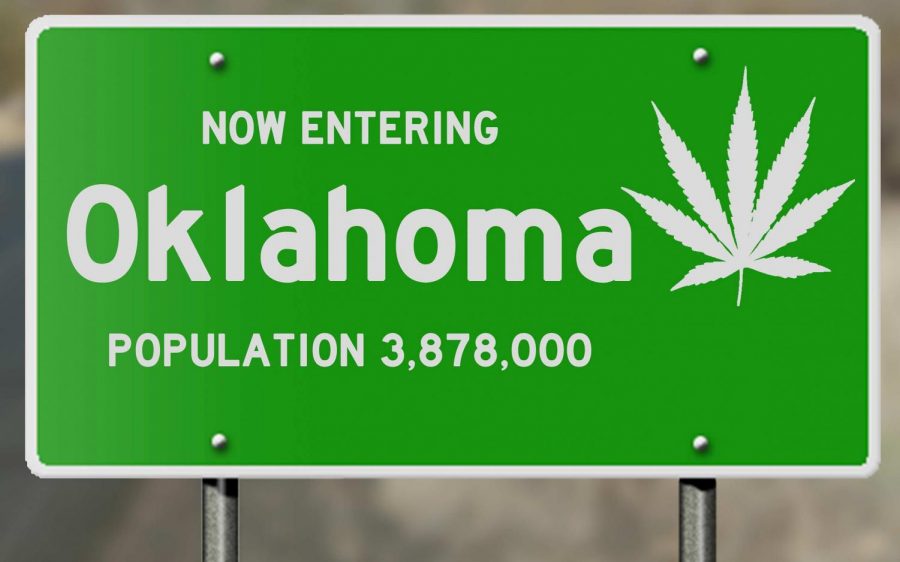Oklahoma medical cannabis sales hit record high for fourth consecutive month
For the fourth month in a row this year, the medical cannabis industry in Oklahoma is paving the way for record-high sales. According to state-published data focused on April’s success, dispensaries harvested almost $5.1 million from the seven percent cannabis tax that is imposed on legal sales.
Patients, all of whom must register to receive medical cannabis in Oklahoma, accounted for $73.8 million in legal sales during the month of April. This marks the fourth consecutive month that sales climbed, suggesting that consumer interest is continuously rising.
The fact that medical cannabis sales in Oklahoma are surging is great news for the nascent industry, which kicked off in 2018. State tax officials say that sales revenue growth may have been slightly stimulated by the Coronavirus (COVID-19) pandemic, which has resulted in many people being home-bound.
Strong medical cannabis sales in Oklahoma creates surge in tax revenue
As a direct effect of Oklahoma’s medical cannabis sales being higher in April than ever before, tax collections also rose 19.4 percent. However, in March, the Oklahoma Tax Commission revealed that tax collections surged more than 25 percent from the previous month.
In April, total tax revenue was $11.67 million. Under the terms of Oklahoma’s medical cannabis market, a seven percent tax is imposed on all legal sales. Dispensaries collect two types of cannabis tax revenue: state taxes and local taxes.
Voters legalized medical cannabis in Oklahoma on June 26, 2018
Since the pro-cannabis residents of Oklahoma voted to legalize the plant for medicinal use two years ago, the state has succeeded in pulling off the establishment of a robust medical cannabis program. Approximately two months after the plant was legalized for medical purposes, applications were accepted by the Health Department from hopeful business owners, patients and caregivers.
Even though Oklahoma’s medical cannabis industry is just two years old, it has experienced rapid and steady growth. So much so, in fact, that the program is already one of the nation’s largest in terms of license holders; the Medical Marijuana Authority had awarded 200,000 patients a license as of October 2019, in addition to the distribution of 7,000 licenses among medical cannabis businesses.
Oklahoma governor could be leaving valuable money on the table
In May, the Oklahoma Legislature concluded its annual session. During this year’s session, both parties demonstrated a strong show of support for a number of proposed amendments to Oklahoma’s medical cannabis laws. Unfortunately for those in favor of the amendments – outlined in HB 3228 – Governor Kevin Stitt thought it would be better to veto the bill.
Why did the Governor dismiss amendments to Oklahoma’s medical cannabis industry? According to the Republican, HB 3228 was a “lengthy bill” and the proposal contained alterations that hadn’t been properly inspected in accordance with the typical legislative process.
“While there is much room for improvement in the way our state’s program operates, this bill does not address those items in a way I can support,” Stitt wrote after vetoing HB 3228. Experts believe the bill’s passing could have pulled in more customers and, consequently, increased sales revenue for the state.
Before the veto – which was not overthrown by lawmakers – the amended version of state medical cannabis laws had already gained approval from the majority of bipartisans. In the event that it had been enacted, it would have granted out-of-state residents with a 90-day temporary medical cannabis license. Moreover, HB 3228 would have legalized medical cannabis delivery in Oklahoma and reduced first-time cannabis possession penalties.








